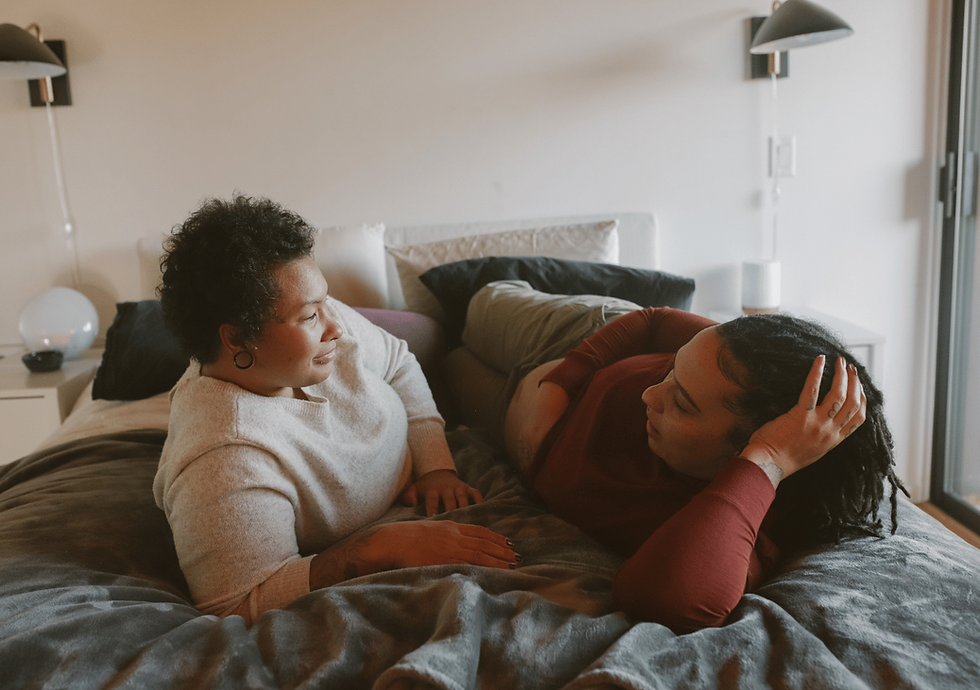How to Cope with Anxiety
- Apr 29, 2022
- 2 min read

Anxiety is a perfectly normal human experience, but if you find it affecting you daily, you could be dealing with an anxiety disorder. According to the Mayo Clinic, anxiety disorders are common, affecting more than 3 million Americans a year, with a whole industry of professionals and helpful strategies to treat them. In therapy, a professional can personalize strategies, medications, and reminders just for you. Below are an array of symptoms identified by the Mayo Clinic of anxiety disorders.
Feeling nervous when you normally wouldn’t be
Feeling panicked or alarmed when you normally wouldn’t be
Always fearing the worst case scenario
Obsessive thinking about things going wrong
Heart palpitations
Nervous tics (i.e. compulsive, jittery movements)
Hyperventilating
Sweating excessively
If any of these symptoms resonate with you, just remember: help is available! In the meantime, here are 4 helpful, actionable tips for how to cope with anxiety to help improve your mental and physical well being.
Move Your Body
Notice: it does not say “exercise!” Simply finding time once a day to move your body consciously can help manage your anxiety. Whether it’s a five minute yoga session or a walk down the block, moving your body can help you recalibrate yourself in the present situation, which can reduce anxiety.
Monitor Your Intake of Food, Liquid, and Drugs
Caffeine is a drug! You may be more sensitive to its effects than you realize. Instead of downing another espresso after a big yawn, try resting your eyes for fifteen minutes instead. Try paying attention to what effect other liquids, foods, and drugs have on you and adjust accordingly. Do you feel especially anxious after consuming something with a lot of sugar? Nicotine or alcohol are often used to combat anxiety, but they can often induce the opposite effect. If you have trouble adjusting your intake of these substances, support groups and/or therapy are recommended.
Talk to Someone
Though finding professional help is ideal, friends and family can be great substitutes for when you’re feeling anxious. Anxiety can push us into feeling isolated by our worries, so keep in mind that socializing with anyone can help push those thoughts away. This is especially important if your anxiety has to do with socializing: even small conversations with a loved one can help alleviate stress and anxiety.
Prioritize Your Sleep
Sleeping too much or too little can affect your mood throughout the day. Set a bedtime and time to wake up for yourself everyday and try your best to stick to it. This might include omitting certain substances or habits past a certain time, like consuming caffeine or scrolling through social media as you lay in bed. Your preparation for bed has real effects on your sleep, which in turn affects how your body feels throughout the day. Though anxious thoughts may arise, your body and mind will be better equipped to deal with them, given proper rest.
Anxiety affects millions of people every year, often feeling isolated and alone. Don’t suffer in silence! There is help available. Click here to start the journey to overcome anxiety.


